AleKino!
Anniversary events
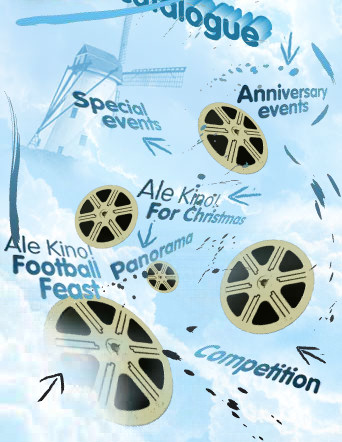
Peter and the Wolf
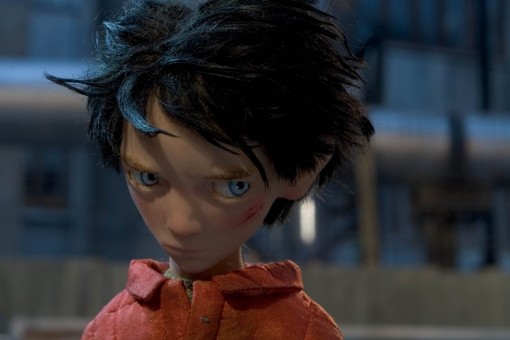
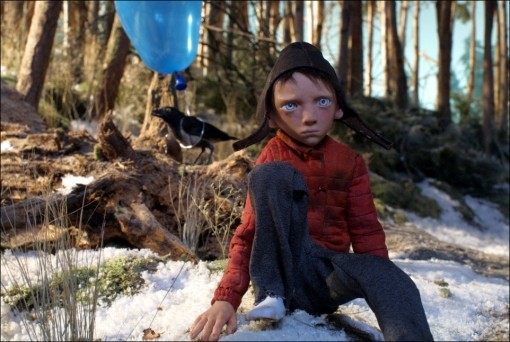
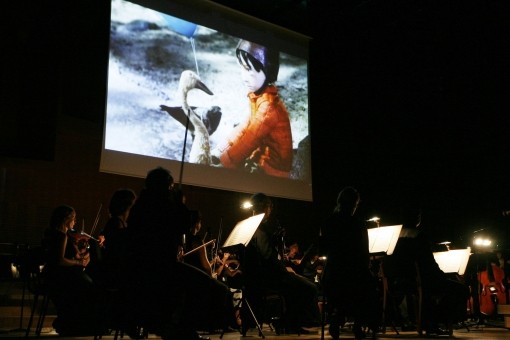
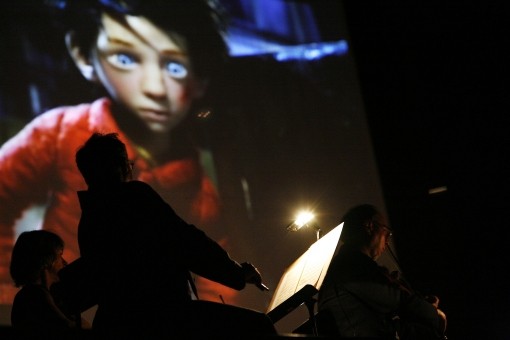
Peter and the Wolf was written by Prokofiev in 1936 in order to make classical music more accessible for children and to delight future generations. Children are fascinated with the music and find the story thrilling.
It is the world where ducks are eaten by wolves, but brave little boys are able to capture the predators. Peter escapes the custody of his overprotective and oversensitive granddad and with a little help of a looney bird and a dreamer duck he manages to outsmart the wolf.
The main theme of the film is the gap and lack of understanding between something we call the wild and the civilization. We are both fascinated and scared of the wild: we feel the inner need to regain the lost connection with nature and animals, but at the same time we are afraid of it. The ethical message of the film says that the wild has its value and right to exist and live for its own sake. Its value and rights result from the simple right of existence. Peter will understand that truth, which will make him release the wolf. The story is a classic story of the hero's journey and his initiation. As a result of various events Peter is transformed from a clumsy kid into a real hero. Being on the verge of depravity and having a seductive power and fame, he chooses the unpopular good and thanks to that he discovers its great power and real nature.